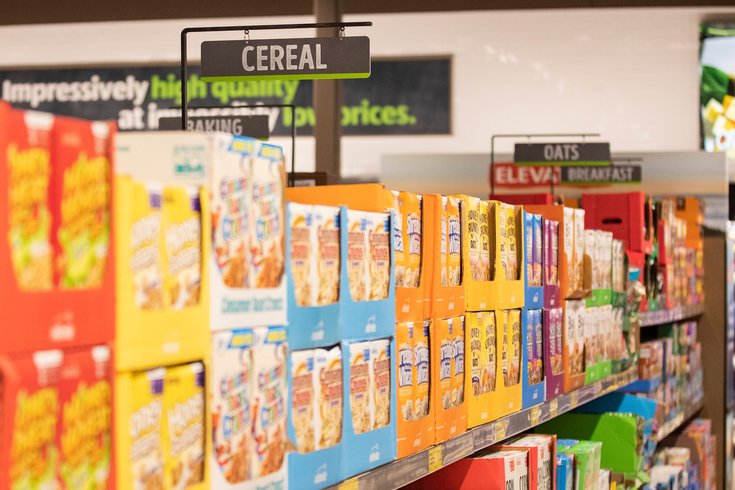
December 24, 2024
 Donna Spearman/UNSPLASH.COM
Donna Spearman/UNSPLASH.COM
The Food and Drug Administration has changed its requirements that manufacturers must meet to label food products as 'healthy.' Now, they must meet new limits on saturated fats, added sugars and sodium while also pulling certain amounts of food from essential food groups. Sugary cereals will now be excluded from using the label.
The understanding of what makes up a nutritious diet has evolved since the 1990s, when the Food and Drug Administration last revised its "healthy" label.
In the decades since, chronic diseases linked to diet, including obesity, type 2 diabetes and some cancers, have been on the rise. Six in 10 Americans have one chronic disease, and 4 in 10 have more than one, according to the Centers for Disease Control and Prevention. Obesity rates are now higher than 40% in some states, and disparities in disease outcomes related to social determinants of health, including neighborhood food availability, also continue to widen.
So, the FDA is revising the definition of foods that manufacturers can label as "healthy," an attempt to bring it in line with current nutrition science and other federal guidelines. The FDA's stated goal is to help people develop healthier eating habits.
To be considered "healthy" under the new FDA definition, foods must contain a certain amount from essential food groups including fruits, vegetables, whole grains, lean meats and low-fat dairy. Products also have to adhere to limits on saturated fat, added sugars and sodium, which have been shown to be harmful to health.
Nuts, salmon, certain oils and water – that were previously excluded from the healthy labeling – now will be included. And certain products previously labeled as healthy, such as white bread and sugary cereals, will be excluded.
"We are hopeful that industry and others join us in our efforts to make use of the term 'healthy' on food packaging a ubiquitous, quick signal to help people build nutritious diets," Jim Jones, the FDA’s deputy commissioner for human foods, told CNN.
Food manufacturers have until February 2028 to comply with the new rules, but they are allowed to use the label sooner if their products meet the new standards.